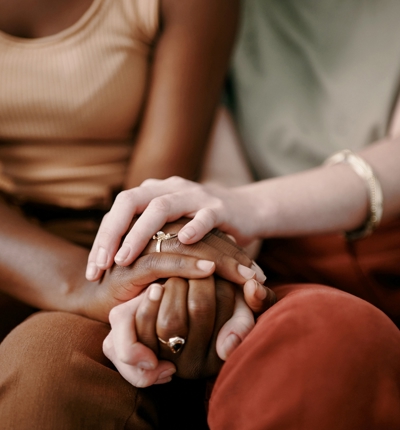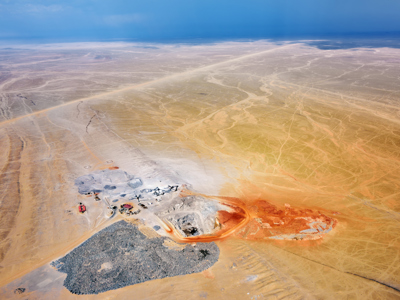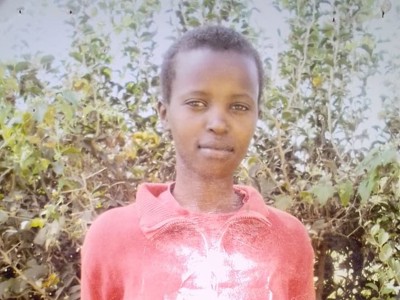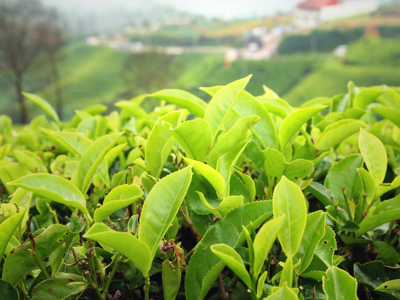
Elimination of Violence against Women
Teams from across Leigh Day have prepared a series of blogs to raise awareness about the many ways in which violence against women remains one of the most prevalent and pervasive human rights violations, and the role of legal remedy for survivors.
25 November is International Day for the Elimination of Violence against Women, a focal point for individuals and organizations around the world to call for the prevention and elimination of violence against women and girls. This date marks the start of 16 days of Activism against Gender-Based Violence, which ends on 10 December, Human Rights Day.
This is an annual campaign that seeks to propel governments, institutions and the public to present their commitment to ending violence against women and girls. This year's theme is 'Invest to prevent violence against women and girls'.
According to statistics from the United Nations, nearly one in three women and girls worldwide will experience physical or sexual violence during their lifetime. They previously reported in 2023 that there had been a 50 per cent increase in gender violence from the previous year.
Elimination of Violence Against Women blogs
8 of 8 items displayed

Empty Promises: The Mining Industry's Inadequate Response to Gender Based Violence (GBV)
Eleanor Brade and Sarah Gibbons discuss the systemic nature of gender-based violence (GBV) in the mining sector – an industry in which women play a critical role but, also suffer disproportionately – and the extent to which attempts at reform still leave women behind.

Wealth, Power and Impunity: Sexual Abuse by Powerful Men
Georgia Rycroft discusses why Mohamed Al Fayed was never held to account for claims of sex trafficking that have come to light since his death.

Supporting families with inquests following domestic abuse
Leanne Devine explains her work and how violence towards women is such a key part in the lives of women whose deaths are investigated at inquests where she represents.

Why policy reform in education is essential to tackling violence against women and girls
Human rights partner Dino Nocivelli and paralegal Astrid Parrett discuss the importance of policy reform for protecting school children from sexual harassment and violence.

Ending violence against women in maternity care: dignity in birth is a human right
For the 16 days of Activism against Gender-based Violence, senior associate solicitor Firdous Ibrahim and trainee solicitor Nayaab Asif highlight the importance of respectful and dignified maternity care for all women.

Sexual violence against women where the British Army trains in Kenya continues to be reported
Following International Day for the Elimination of Violence Against Women 2024, Suzanne Harb, Zina Younes and Carolin Ott consider how after decades of serious allegations of rape and violence of women by British soldiers training in Kenya, little has been done to hold those responsible to account and address the institutional and cultural causes of such violence.

Supporting migrant victims-survivors of domestic abuse: International Day for the Elimination of Violence Against Women
As part of our Elimination of Violence Against Women blog series, Nath Gbikpi and John Crowley reflect on the progress made in the UK to protect migrant victim-survivors of domestic abuse, and the work that remains to be done.

The role of the UN Guiding Principles on Business and Human Rights in protecting the most vulnerable: Operational Grievance Mechanisms for women in agribusiness
Melanie Jacques and Sarah Gibbons begin the International Day of Violence Against Women series with a focus on violence against women in the agricultural sector. They discuss the role of the UN Guiding Principles on Business and Human Rights as a tool for developing effective Operational Grievance Mechanisms as a means by which women can raise concerns and complaints about the human rights impacts of the operations in which they work.

